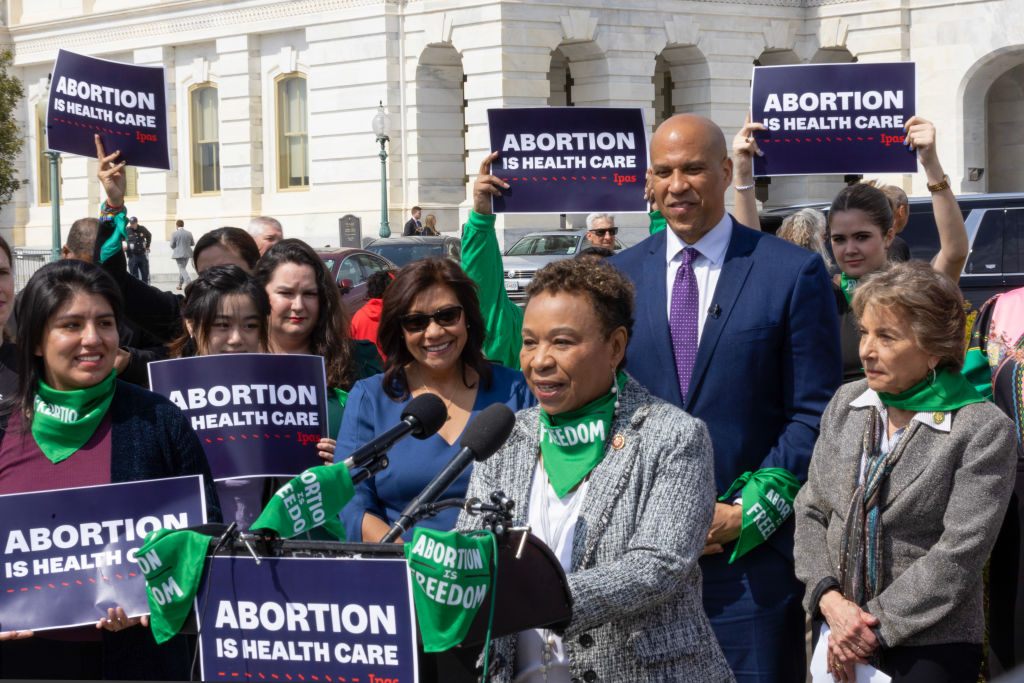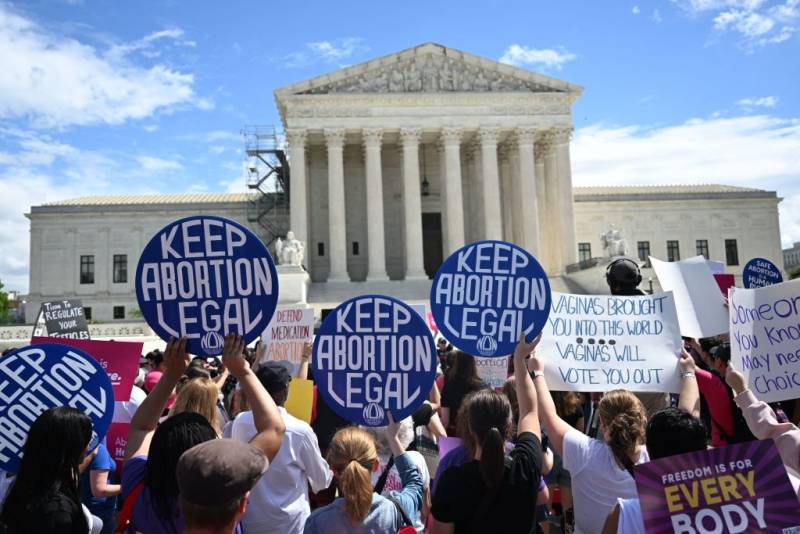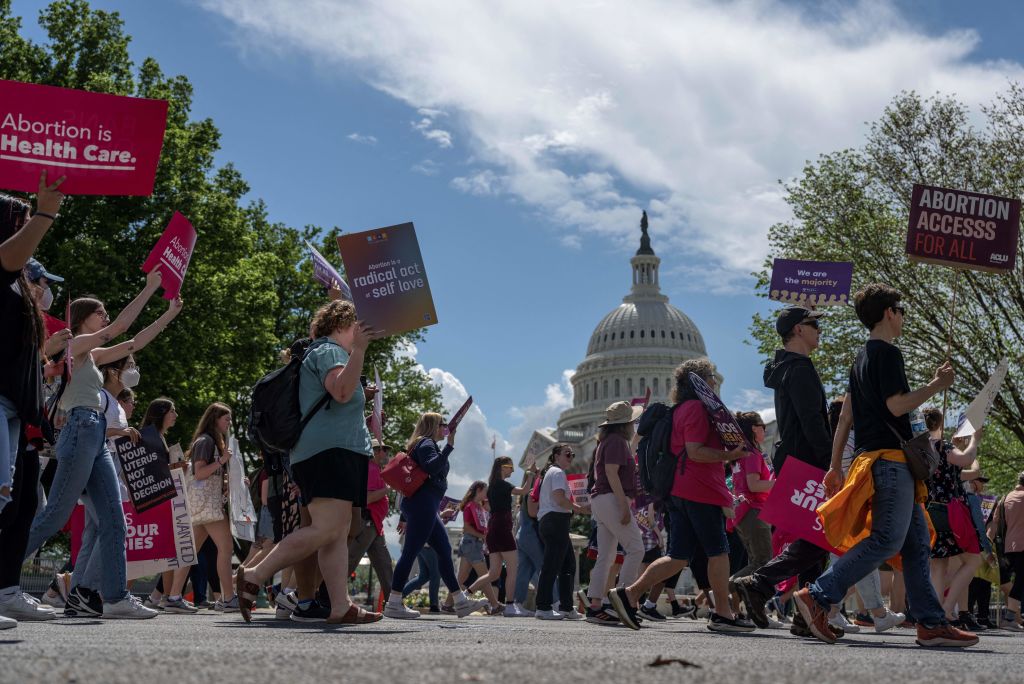The Supreme Court issued an order Friday that temporarily stays any changes to federal rules for use of an abortion drug, while it takes time to more fully consider the issues raised in a court challenge.
The order, signed by Justice Samuel Alito, put a five-day pause on the fast-moving case so the justices can decide whether lower court rulings restricting the Food and Drug Administration’s approval of the drug, mifepristone, should be allowed to take effect in the short term.
The justices are being asked at this point only to determine what parts of an April 7 ruling by U.S. District Judge Matthew Kacsmaryk in Texas, as modified by an appellate ruling Wednesday, can be enforced while the case continues. The order expires late Wednesday, suggesting the court will decide that issue by then.
The legal saga that has unfolded over mifepristone — one of two drugs commonly used for medication abortions in the U.S. — has caused concern in California, where access to abortion is a constitutional right under state law. Gov. Gavin Newsom announced last week the state would begin stockpiling abortion medications in the event that restrictions come into effect. The governor reiterated that abortion is still legal and accessible in California as “a fundamental freedom.”
In a statement to KQED on Friday, the California Department of Public Health said it was assessing the implications of recent rulings and evaluating various options on how to ensure access to reproductive services and medications, saying it was working with “multiple departments across the California Health and Human Services Agency to ensure that individuals in California are not adversely impacted by the recent court rulings regarding the use of Mifepristone.”

U.S. Rep. Barbara Lee (D-Calif.), who is co-chair of the Pro-Choice Caucus, said that while Alito’s decision Friday meant that mifepristone is still accessible, she warned that this access is still “under threat” pending the high court’s decision, and urged continued vigilance.
“I think we need to realize that this is another step toward Republicans trying to put into law a national ban on abortion,” said Lee in an interview with KQED. “My constituents are saying they’re worried, because some of these broad, really backwards types of decisions could turn the clock back on scientifically approved drugs nationwide.”
The East Bay Congressmember added that she and her colleagues were prepared to act if legislation was needed to strengthen the FDA’s authority and prevent court decisions from undermining that authority, warning of the implications such decisions may have down the line.
“[The] FDA approves the safety and efficacy of drugs for all types of medical conditions, including Alzheimer’s,” Lee said. “So what does this say about a process that could hinder other kinds of scientific research for other types of medical conditions? That is very dangerous and people are concerned about that, in terms of the precedent setting with these decisions.”
The Supreme Court finds itself immersed in a new fight involving abortion less than a year after conservative justices reversed Roe v. Wade and allowed more than a dozen states to effectively ban abortion outright.
President Joe Biden’s administration and New York-based Danco Laboratories, maker of the pill, asked the justices to intervene.
White House Press Secretary Karine Jean-Pierre said in a statement Friday evening that the administration continues “to stand by FDA’s evidence-based approval of mifepristone, and we will continue to support the FDA’s independent, expert authority to review, approve, and regulate a wide range of prescription drugs.”


